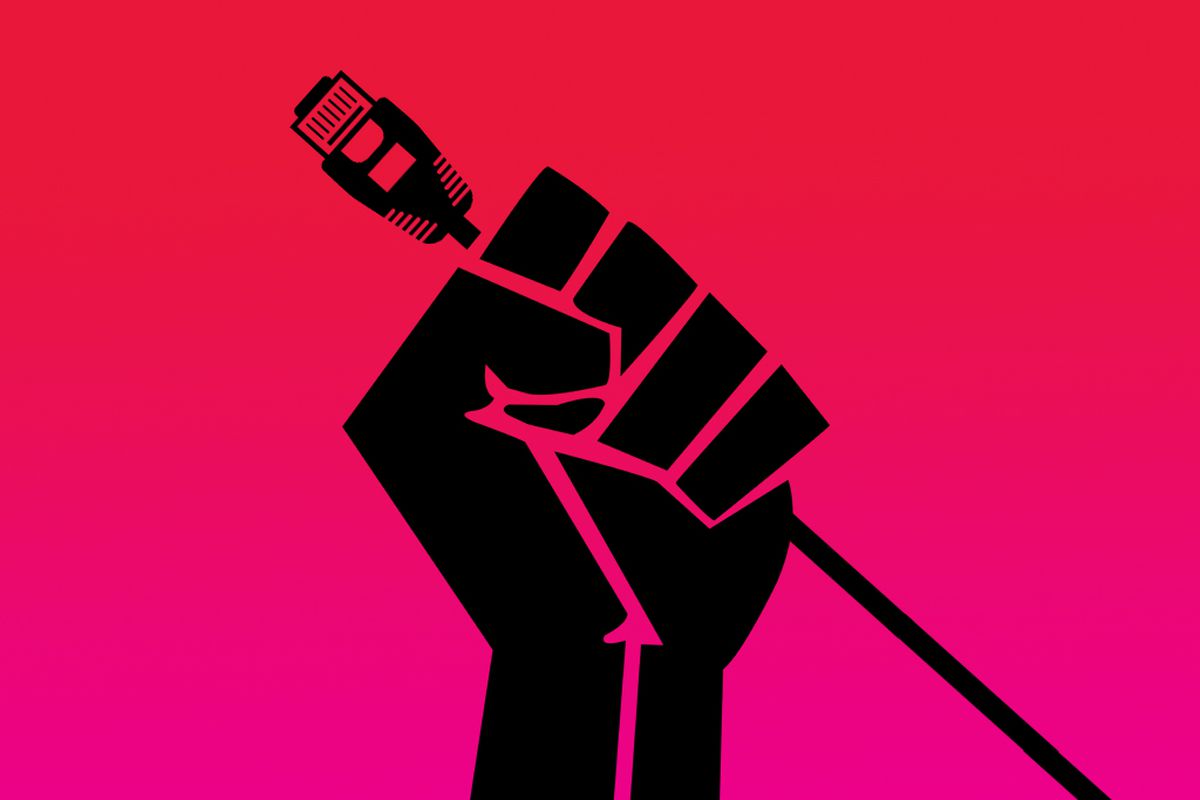
The web has always been a place where freedom of speech, freedom of choice, and freedom to control your online experience have been the main structural pillars that define the Internet as we know it. However, all these main pillars have been in jeopardy since the FCC (Federal Communications Commission) killed net neutrality on Dec 14, 2017, in a 3-2 vote, thus putting away the just two-year-old net neutrality rules, which prevented ISPs (Internet Service Providers) from blocking and throttling traffic, as well as speeding up websites and content they have been paid for. Basically, the FCC wants to change the way the Internet has always worked.
So what is net neutrality?
The original net neutrality rules went into effect in 2015, and were repealed, are the following:
PAID PRIORITIZATION – ISPs were prohibited from creating "fast lanes" for clients and companies willing to pay and "slow lanes" for those who do not want to.
BLOCKING – ISPs were prohibited from blocking any lawful content
THROTTLING – ISPs were not allowed to slow down the content delivery based on its nature, as long as it is not illegal.
How would this affect you?
We all agree that you do not want your ISP to choose your content for you, don’t we? Companies like AT&T, Comcast, and Verizon will now be able to decide which websites, applications, and web content will succeed. They can also low down content from their competitors and block websites that they do not want you to browse. They can also charge extra fees to certain companies, thus promoting and speeding up their content, whilst others will be slowed down.
Imagine that you prefer visiting a certain news website to be kept informed on what is going on worldwide. However, that particular website seems to have different political views or is supported by a huge media giant that your ISP is not in good relations with. It is just not paying to be promoted by your ISP. The result – well, the page might be painstakingly slow or even not opening at all. That is not cool, and we can all agree!
The United States vs. the Rest of the World
Most of the US population wants to keep the Internet a free and equitable place. However, the government is keen on handing ISPs the freedom to alter, manipulate, shape, cut, and price internet access however they like. This did not go unnoticed worldwide, and the outcome is now significant for the rest of the world.
The example the United States of America set regarding the net neutrality rules can easily be followed by other countries in the world. If this happens and service delivery is now being quantified and priced, imagine what would happen if the content starts to be divided on an international level – a nightmare.
Effects on the Small Business
If the new rules are applied, small businesses will suffer the most. Big companies will always promote their content or products by paying the ISPs, making their websites fast and easy to access. As you can already guess, the small websites and businesses will have no chance of competing, which will ultimately make them shut down. Even if you are willing to get your new laptop not from Amazon.com but RandomOnlinePCShop.com, the constant connection drops and the very slow speed at which the website opens might put you off.
The bottom line is that there will be less competition as the new net neutrality rules make it hard for small businesses to compete with the bigger ones. Losing net neutrality is horrible news for startups also as they will have a harder time getting acknowledged and promote their product.
What now?
The fight is now in Congress and statehouses. Several states are strong opponents of the new rules. Several advocacy groups are set to sue the FCC over the voting on Dec 14, 2017, and Congress has actually got the power to reverse the ruling in 60 days. So, not all is lost. In the meantime, you can submit your concerns on the Restoring Internet Freedom FCC proceeding by filling a simple form that will not take you more than 2 minutes.
We all hope that Net Neutrality will be legally restored, thus keeping the Internet equality and freedom alive!
photo credit: The Verge


 Copyright 2000-2025, WebSitePulse. All rights reserved.
Copyright 2000-2025, WebSitePulse. All rights reserved.